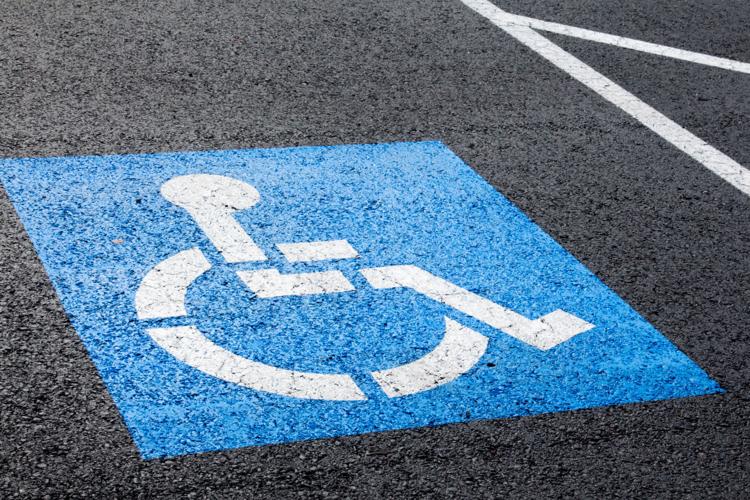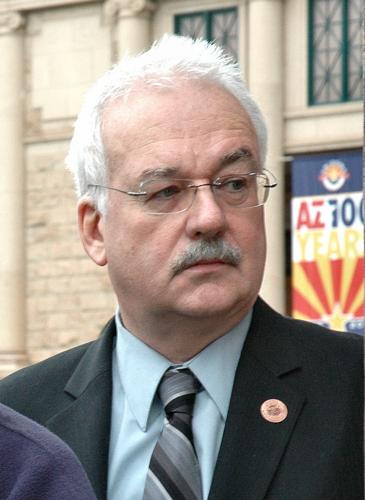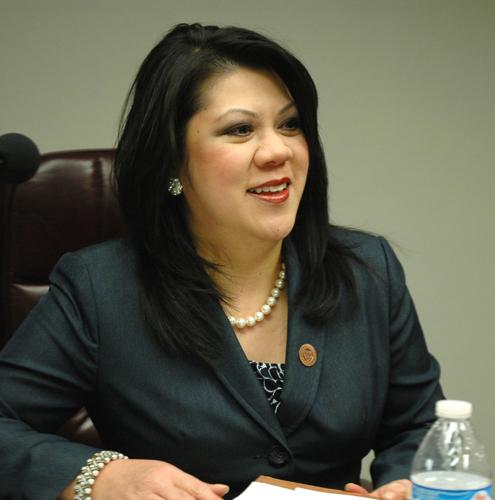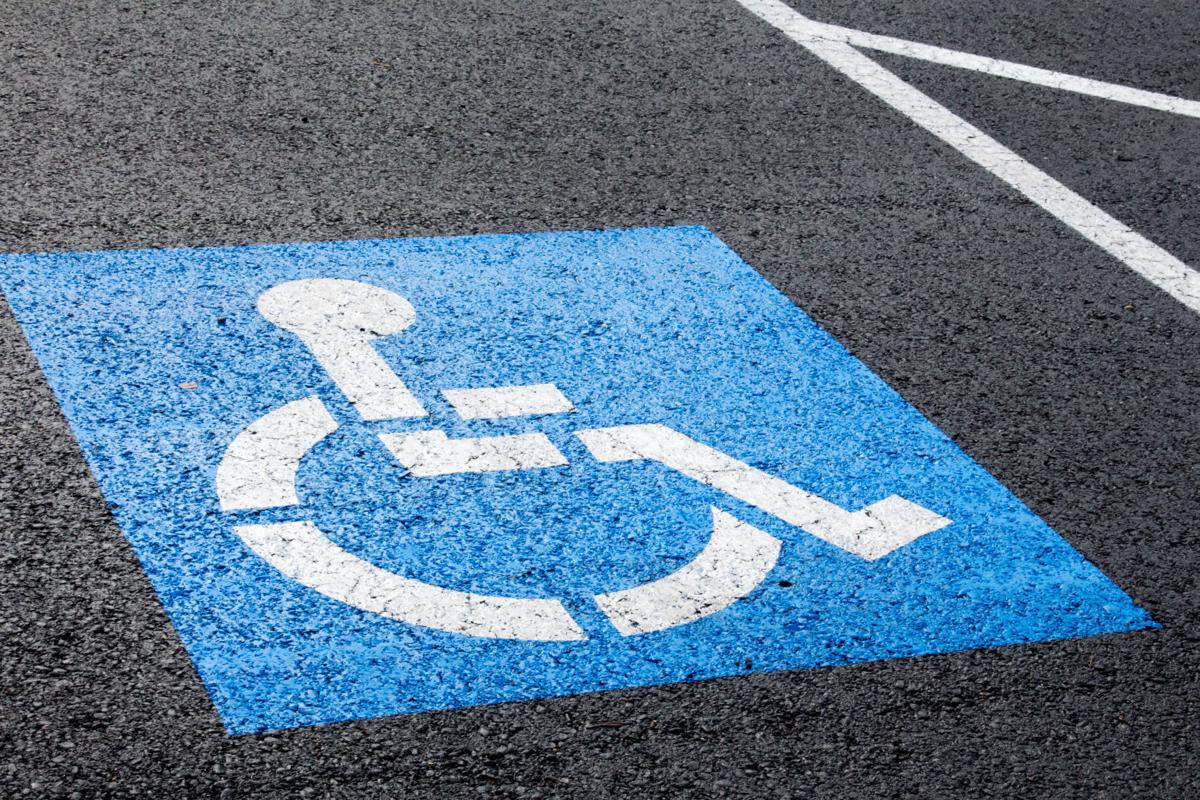Sen. John Kavanagh
Sen. Kimberly Yee
Over Democrats’ objections, state senators voted Tuesday to give businesses more time to fix violations of disability laws before ending up in court.
SB 1198 is a direct result of what all sides agree has become a growth industry among some attorneys. These lawyers find what they say are violations of laws dealing with access to the handicapped, file suit but then agree to drop the claim in exchange for a cash settlement.
And the alternative is to fight the lawsuit, which may actually cost more in legal fees than the settlement request.
The situation got so bad that Attorney General Mark Brnovich got a state judge to consolidate more than 1,000 of these individuals lawsuits into a single case. Now he is trying to have them dismissed.
“I have a number of businesses that are (run by) friends that have been greatly affected by lawsuits and lawsuit threats over the course of the last 12 months where they have had to consider closing their doors because of the literally thousands of dollars they have had to pay out in litigation costs,” said Sen. Kimberly Yee, R-Phoenix.
SB 1198 instead would require that someone alleging a violation under the state’s version of the Americans with Disabilities Act to first give the business at least 60 days to resolve the issue.
Once a lawsuit is filed, a judge would be able to determine if the person complaining or the attorney is a “vexatious litigant” who files multiple cases and allow them to be combined. And it prohibits a court from awarding civil penalties and compensatory damages in civil actions.
Sen. John Kavanagh, R-Fountain Hills, said if the aim of those who file suits is to get the problem resolved, this process accomplishes that.
But Sen. Martin Quezada, D-Glendale, said there’s no excuse for giving businesses more time to deal with problems they should have fixed years ago.
“The Arizonans with Disabilities Act has been in place for 27 years, 27 years that every single small business should have known to this point what they have to do in order to accommodate people with disabilities,” he said.
“These are people who are blind, these are people who are deaf, these are people who have a limiting disability so they have to use a wheelchair,” Quezada continued. “They can’t access services, they can’t access these local businesses.”
And he suggested that SB 1198 will actually result in more businesses ignoring the requirement of the law.
Quezada said there’s no reason for a property owner to bring a site into compliance if there’s no risk of being sued. And once a claim is filed, then they have six months to do what he said they should have done long ago.
Kavanagh disputed Quezada’s contention that businesses have known about requirements for years.
“A lot of these regulations are recent,” he said.
He also said there are a lot of businesses that are exempt from the law because their buildings were constructed before the ADA went into place. But Kavanagh said the existing laws — and the lawsuits that result — force the owners of these buildings to hire an attorney just to get a judge to rule that they were never breaking the law in the first place.
The measure still needs a roll-call vote before going to the House.









